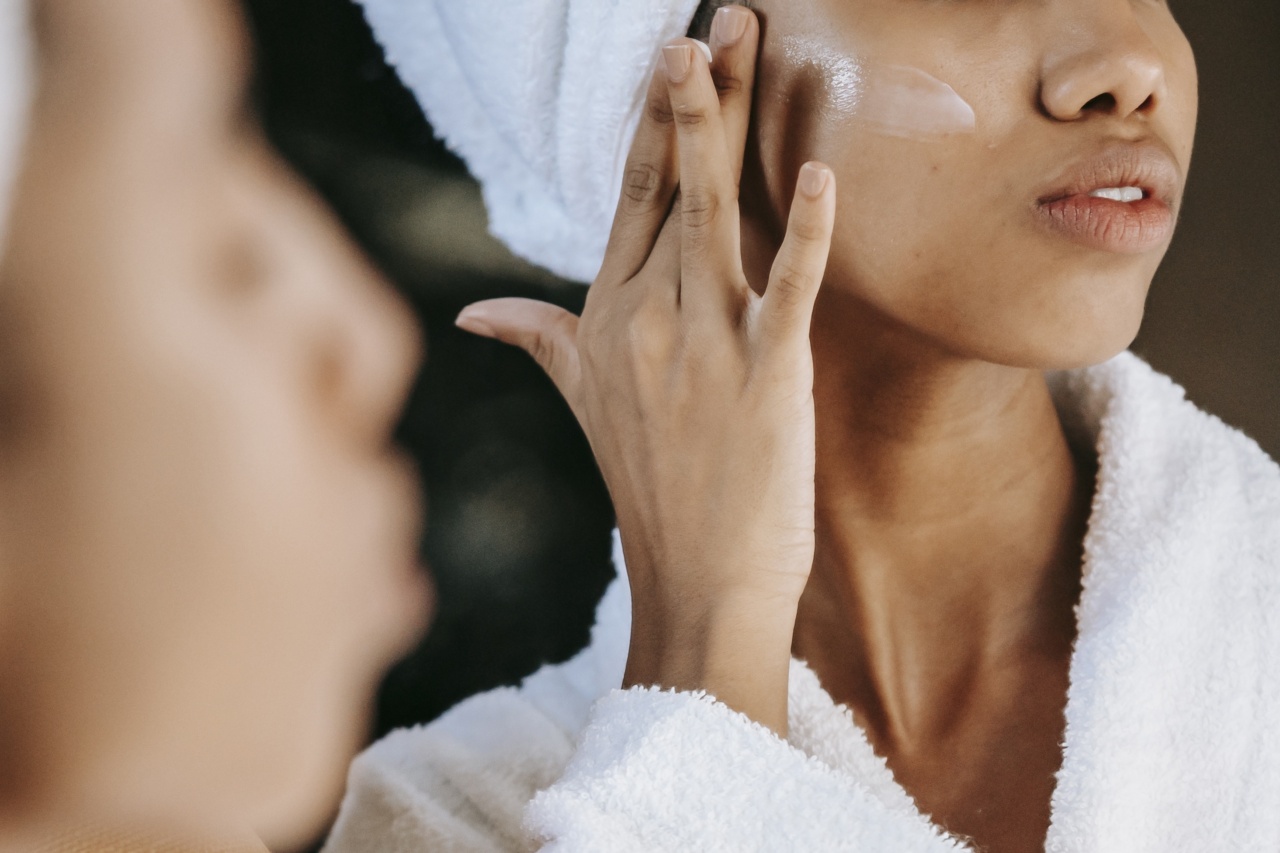Having sensitive skin can be a challenge, as it can be easily irritated and prone to breakouts or rashes. If you have sensitive skin, you need to be extra careful with the products you use, as well as your daily habits and routines.
However, sometimes even the smallest mistake can lead to a negative reaction on your skin. Here are the mistakes you should avoid to keep your sensitive skin healthy and glowing.
1. Choosing the wrong products
The first and most common mistake people with sensitive skin make is choosing the wrong products. Investing in high-quality, gentle skincare products specifically designed for sensitive skin is essential.
Harsh chemicals, fragrances, and other aggressive ingredients can irritate and inflame your skin, leading to redness, itching, and breakouts. Be sure to read the ingredient list and avoid any known irritants such as alcohol, sulfates, and synthetic fragrances.
2. Over-exfoliating your skin
Exfoliation is essential to remove dead skin cells and unclog pores, but overdoing it can damage your skin’s protective barrier and leave it vulnerable to environmental irritants.
For people with sensitive skin, it’s recommended to exfoliate no more than twice a week, using a gentle scrub or exfoliating cleanser designed for sensitive skin.
3. Using hot water during cleansing
While hot water may feel soothing, it can be damaging to your skin, especially if you have sensitive skin. Hot water can strip your skin of its natural oils and moisture, leading to dryness, dehydration, and irritation.
Instead, opt for lukewarm water when cleansing your face or body, and finish with a quick splash of cold water to help close your pores.
4. Skipping patch tests
Before trying any new skincare product or treatment, it’s crucial to do a patch test, especially if you have sensitive skin. Patch tests can help you identify any potential irritants and avoid a negative reaction on your face or body.
To patch test, apply a small amount of the product to the inside of your wrist or behind your ear, leave on for 24 hours, and check for any signs of redness, itching, or swelling.
5. Overloading on skincare products
Using too many products or layering too many active ingredients can cause your skin to become overwhelmed and irritated. Instead, keep your skincare routine simple, with just a few high-quality products that are gentle and effective.
Focus on the essentials, such as a gentle cleanser, moisturizer, and SPF, and add in additional products as needed.
6. Ignoring your diet
Your skin’s health is often a reflection of your overall health and diet. Eating a diet rich in antioxidants, vitamins, and minerals can help to support healthy, glowing skin.
On the other hand, consuming too much sugar, alcohol, or processed foods can lead to inflammation and breakouts.
7. Neglecting your sun protection
Sun damage is one of the leading causes of premature aging, dark spots, and skin cancers. For people with sensitive skin, sun damage can also exacerbate existing conditions such as rosacea, eczema, and psoriasis.
It’s essential to wear a broad-spectrum SPF of at least 30 every day, rain or shine, and to reapply every two hours if you’re outdoors.
8. Rubbing your face with a towel
After cleansing, it’s essential to dry your face gently with a soft towel. However, rubbing your face with a towel can be too harsh for sensitive skin, leading to irritation and redness.
Instead, pat your skin dry with a gentle, microfiber towel, or just let it air dry.
9. Not getting enough sleep
Your skin repairs and regenerates itself while you sleep, making sleep crucial for maintaining healthy, glowing skin.
Lack of sleep can lead to dullness, dryness, and breakouts, so aim for at least seven hours of sleep per night to support your skin’s health and beauty.
10. Stressing out
Stress can have a significant impact on your skin’s health and appearance, leading to inflammation, breakouts, and premature aging.
To keep your skin healthy and youthful, it’s essential to manage your stress levels through activities such as yoga, meditation, or mindfulness practices.
Conclusion
If you have sensitive skin, it can be challenging to navigate your skincare routine and avoid potential triggers. By being mindful of the mistakes listed above, you can keep your skin healthy and radiant.
Remember to choose gentle products, patch test, exfoliate sparingly, and protect your skin from the sun, and get enough sleep and manage your stress levels. With a little extra care and attention, you can help your sensitive skin look and feel its best.































